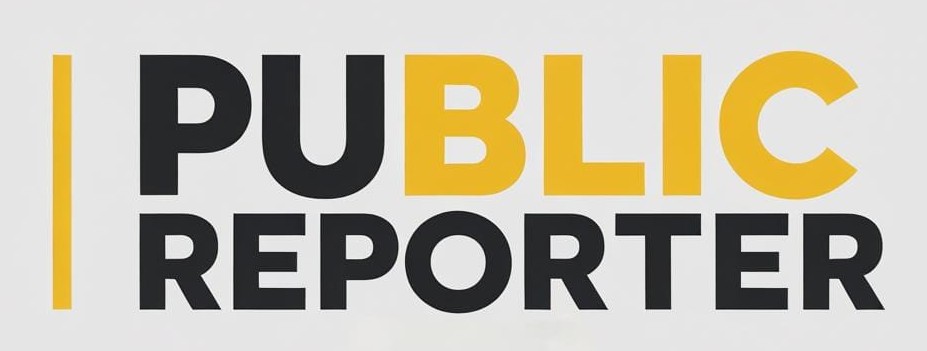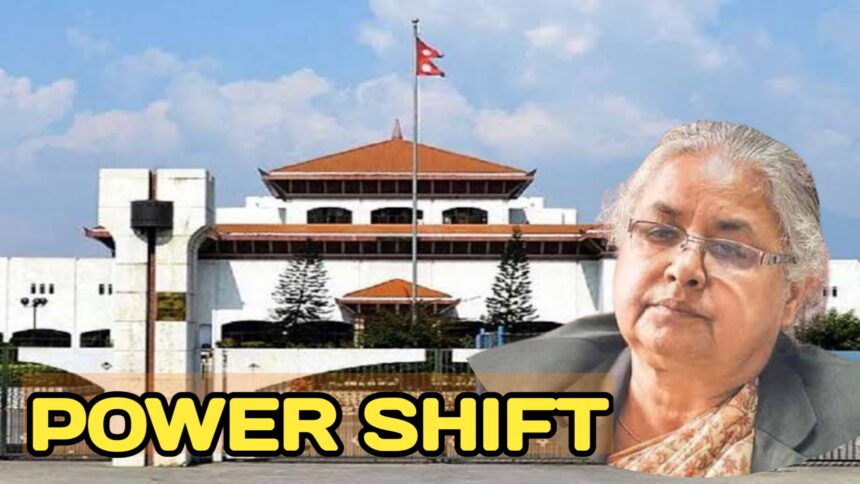⭕ Sushila Karki Takes Oath as Nepal’s First Woman Prime Minister Amid Crisis
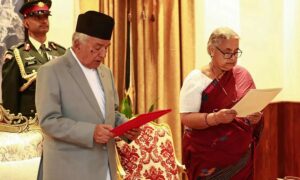
By | PR Network
Kathmandu: Nepal has entered a new political chapter as former Chief Justice Sushila Karki was sworn in as interim Prime Minister, becoming the first woman to lead the government. Her appointment followed days of violent protests led by young demonstrators demanding an end to corruption, nepotism, and curbs on free speech. The unrest left more than 50 people dead and thousands injured, forcing leaders to look for a neutral figure to restore calm. After talks with protest groups, political parties, and the army, President Ram Chandra Paudel administered her oath. Karki’s rise marks a moment of consensus in an otherwise divided political scene, offering hope for stability and a fair electoral process in the coming months.
⭕ From Biratnagar to Supreme Court – A Trailblazer’s Journey
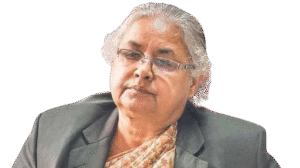
Born in 1952 in Biratnagar, Sushila Karki built her career against all odds, pursuing law at Tribhuvan University before completing her Master’s in Political Science at Banaras Hindu University in India. She became a Supreme Court judge and, in 2016, Nepal’s first female Chief Justice. Known for her integrity and bold rulings, she often clashed with politicians, even facing an impeachment motion in 2017 which eventually collapsed. Her strong anti-corruption stand and judicial independence made her a respected figure beyond the courtroom. She has also authored books and spoken widely on justice and democracy, earning recognition as a voice of fairness long before her entry into active politics.
⭕ Challenges Facing the Interim Prime Minister
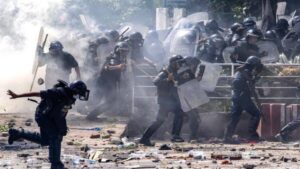
Karki steps into office at a time of extreme volatility. Her top priority is to restore public trust after the protests, while ensuring justice for victims of violence. She must also oversee free and fair elections by early 2026, balancing demands of protesters with the realities of Nepal’s bureaucracy and political parties. Long-standing issues such as unemployment, corruption, and weak governance remain pressing. At the same time, questions are being raised about the constitutional precedent of a retired Chief Justice leading the executive. With limited time and high expectations, Karki must prove her credibility not just as a symbol of change, but as an effective leader capable of guiding Nepal through crisis.
⭕ Political Analysis – Symbolism and Risks Ahead
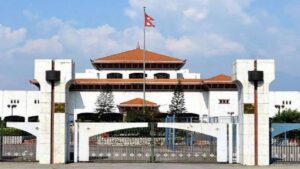
Analysts see Karki’s appointment as both symbolic and strategic. It reflects the strength of the Gen Z movement, which has challenged Nepal’s entrenched elites, and the failure of mainstream parties to meet public expectations. Her independent image makes her acceptable to diverse stakeholders, but her role is meant to be temporary. Whether her judicial discipline translates into political leadership remains uncertain. Regionally, she is seen as friendly towards India, but will also need to balance ties with China and global partners. The risk remains that any misstep—such as delaying elections or failing to meet protester demands—could erode her legitimacy quickly and reignite unrest.
⭕ Global Reactions and Significance
The world has greeted Karki’s rise with cautious optimism. International media highlight her appointment as a milestone for Nepalese democracy and gender equality. Human rights groups and women’s advocates have praised her as a role model breaking barriers. While formal diplomatic statements are still emerging, many expect international donors and partners to back Nepal’s transition under her watch. The symbolism of a woman Prime Minister in a deeply patriarchal political culture has already inspired pride among youth and women across the country. Yet, goodwill alone will not suffice—Karki’s ability to deliver reforms and credible elections will determine how history remembers her leadership.
⭕ The Road Ahead – A Test of Leadership
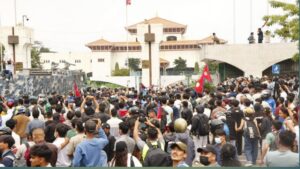
Sushila Karki’s entry into politics at this critical moment shows both the depth of Nepal’s crisis and the urgency for reform. She carries the hopes of millions who want an end to corruption and political stagnation. But expectations are sky-high, and her time in office is limited. If she manages to stabilise the country, push through reforms, and prepare the ground for fair elections, she will be remembered as a trailblazer who restored trust in leadership. If not, Nepal risks sliding back into unrest and uncertainty. The next few months will decide whether her tenure becomes a turning point in Nepal’s democratic journey or a short pause in its cycle of instability.
